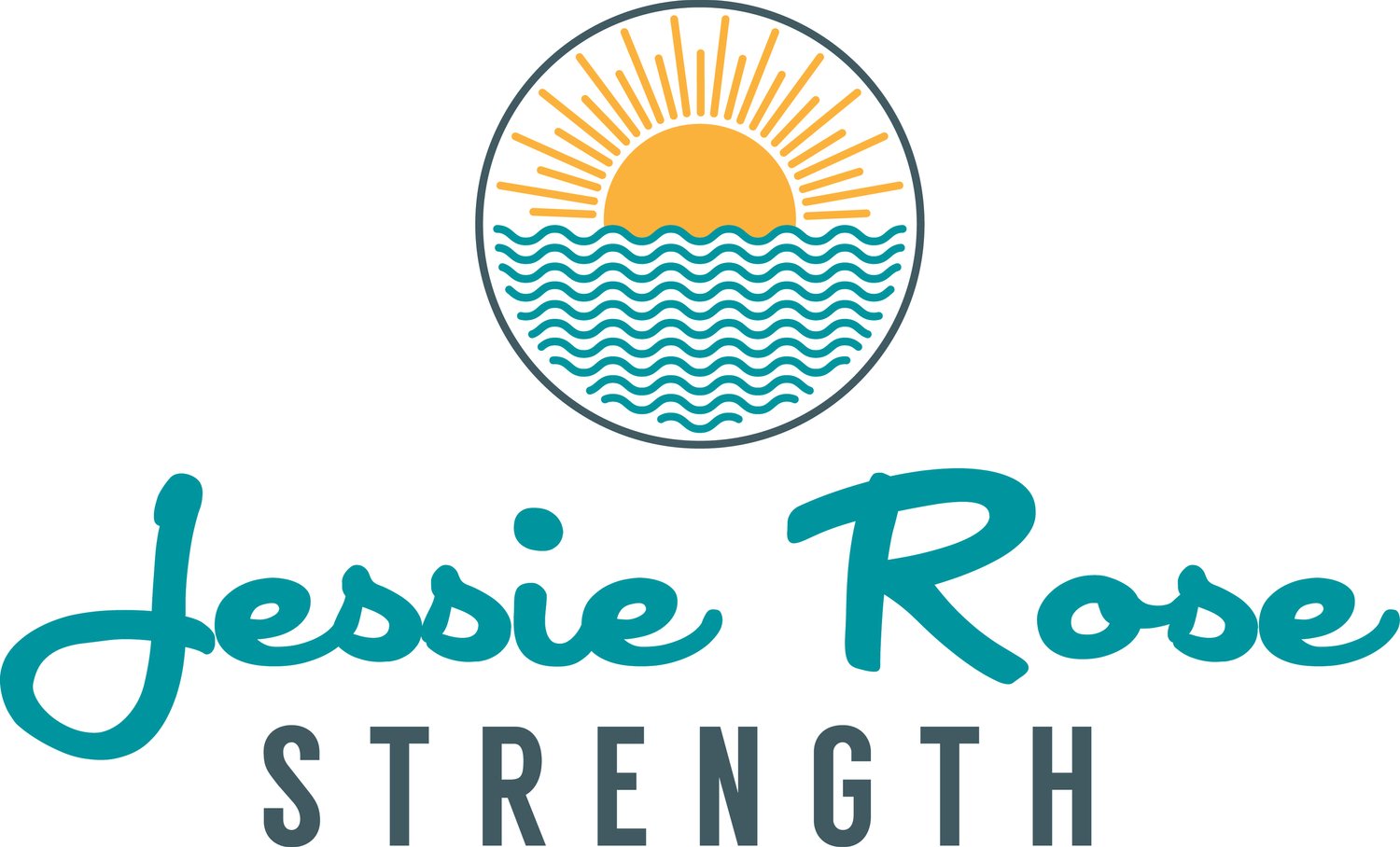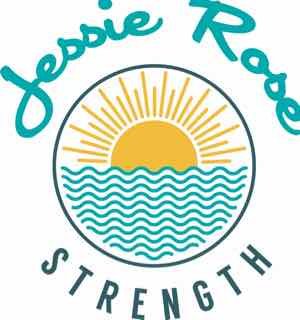Diets: The Lean, The Mean, and The Hungry
Diet Culture will tell you THIS diet is the best and THAT diet is the worst, but the truth is that most diets have contradicting risks and benefits because what is great for one person can be the exact opposite for another. So, how do you decide what to eat?? Our goal is to look at diets, fads and trends from a relatively neutral perspective, in order to assess suitability without getting caught up in the popularity or fixating on one potential benefit, while ignoring many potential downfalls. We will look at the pros, cons, and special considerations for women who might want to try intermittent fasting, the keto diet, vegan, vegetarian, carnivore, or mediterranean diet. All of the information gathered here is meant for women and women’s health. Each diet may have different considerations if applied to men.
Before we go too far, it is worth noting that the changes you feel when you change the way you eat can be due to what you’re eating and also about what else you’re NOT eating. For example, if you decide to start eating a vegan diet and you feel better, is it because of the vegan foods you are eating, or did you leave behind a diet full of processed foods and junk?
I want to also share my own bias right up front. Beyond prioritizing a whole-food, well-balanced diet, I am personally in favor of the Mediterranean diet. I believe it is the best option available in terms of defined “diets”. It is consistently reported as positive across multiple disciplines and the “cons” are ones that I am personally willing to tolerate. I also appreciate that it includes exercise and social connection in its recommendations.
Intermittent Fasting
Intermittent fasting (IF) involves cycling between periods of eating and fasting. Common methods include the 16:8 method (16 hours fasting, 8 hours eating) or alternate-day fasting. While IF has shown various health benefits, its effects on women can differ from men due to hormonal and metabolic differences.
Pros:
Promotes weight loss and fat burning
Improves insulin sensitivity
Supports cellular repair
Reduces inflammation
Simplifies meal planning
May improve mental clarity
Cons:
Can disrupt hormones and menstrual cycles
Increases cortisol levels
Risk of underrating or nutrient deficiencies
Unsuitable for pregnancy or breastfeeding
Potential for overeating in feeding windows
Socially restrictive
Tips for women who want to try intermittent fasting:
Try shorter fasting periods, such as 12:12 fasting window or alternating fasting days
Monitor menstrual health
Balance with nutrient dense meals
Individualization is key
Consult with a dietician or healthcare professional.
Keto Diet
The ketogenic (keto) diet is a low-carbohydrate, high-fat diet designed to induce a metabolic state called ketosis, where the body burns fat for fuel instead of carbohydrates. While the keto diet can be effective for weight loss and improving metabolic health, its impact on women is influenced by factors such as hormonal balance, life stage, and individual health conditions.
Pros:
Effective for weight loss and reducing hunger
Stabilized blood sugar levels
May improve symptoms of PCOS and epilepsy
Encourages high intake of healthy fats
May enhance focus and energy in some women
Cons:
Risk of nutrient deficiencies (fiber, vitamins, minerals)
Potential hormonal imbalances (thyroid, menstrual cycle)
May increase cholesterol levels
Can lead to “keto flu” symptoms initially
Difficult to sustain long term
Limited research on long-term effects
Keto is not typically recommended for:
High-intensity athletes
Pregnant or breast-feeding women
Women in their reproductive years
Vegan Diet
A vegan diet excludes all animal-derived products.
Pros:
Improved heart health
Weight management
Hormonal balance
Reduced risk of chronic diseases
Improved digestive health
Skin health
Ethical and environmental benefits
Cons:
Risk of deficiencies in B12, iron, calcium, and omega-3s
Requires careful planning to meet protein and nutrient needs
May not suit women with higher energy or nutrient demands
Potential for overeating processed foods
Socially challenging in some settings
Tips for women on a vegan diet:
Utilize supplements
Be sure to get iron-rich foods and good calcium sources
Monitor health (i.e. regular blood tests)
Vegetarian Diet
A vegetarian diet excludes meat and fish, but typically includes dairy and eggs (lacto-ovo vegetarian).
Pros:
Easier to follow than vegan diet, while offering similar health benefits
High in fiber, vitamins, and antioxidants
Reduces risk of chronic diseases
Supports ethical and environmental concerns
Allows more flexibility with dairy and eggs for nutrients
Cons:
Risk of nutrient deficiencies in iron, B12, omega-3s
Potential for overeating processed vegetarian foods
May require careful meal planning for protein intake
Weight management results vary depending on food choices
Tips for women on a vegetarian diet:
Pair iron-rich foods with vitamin C to enhance absorption
Utilize supplements
Diversity protein sources
Be sure to get enough calcium and vitamin D
Plan meals carefully
Monitor nutrient levels
Carnivore Diet
The carnivore diet is a highly restrictive eating plan consisting only of animal products such as meat, fish, eggs, and some dairy. While it has gained popularity for its purported health benefits, it also presents significant challenges, particularly for women.
Pros:
High in bio-available nutrients, such as iron, B12, and zinc
Simplifies food choices
May improve autoimmune or gut issues short-term
Can stabilize blood sugar levels
May support weight loss
Cons:
Can cause severe nutrient deficiencies in fiber, vitamin C, and magnesium
Risk of hormonal imbalances
Long-term health risks, such as high cholesterol or heat disease
Unsustainable for many
Socially restrictive and impractical
Potential adverse effects on gut health
Tips for women on a carnivore diet:
Supplement key nutrients
Monitor health markers
Incorporate variety
Listen to your body
Consult a healthcare professional
Mediterranean Diet
The Mediterranean diet emphasizes whole foods like fruits, vegetables, whole grains, olive oil, nuts, legumes, fish, and moderate wine consumption. It's widely regarded as one of the healthiest diets and is particularly beneficial for women at various life stages.
Pros:
Well-balanced and nutrient rich
Supports heart health and reduces inflammation
Promotes sustainable weight management
Rich in antioxidants and healthy fats
Easy to follow and culturally adaptable
Encourages social eating
Cons:
May require more effort and cost to prepare meals
Risk of overeating calorie-dense foods, such as nuts and oils
May not support rapid weight loss goals
Limited guidance on portion sizes
Tips for women following the mediterranean diet:
Mind portion sizes
Make sure to get calcium and vitamin D, especially if not eating dairy
Include omega-3 sources
Meal prep- plan in advance to help mitigate the time and nutrient gap concerns
Personalize the diet
What should we actually eat??
Woof. As you can see, there is a wide range of options. I generally observe that the more restrictive a diet is, the more careful you need to be. There are some very appropriate times to utilize more restrictive diets, but they are not typically sustainable, nor recommended, long-term. Removing entire food groups (unless required due to allergies), is typically less-sustainable and also not recommended. The great news is: you don’t have to pick any diet! You can just eat food!
There are many individual factors that should influence diet choice: personal health factors and risks, stage of life (i.e. pregnancy, menopause), level of activity, taste and preferences, amount of time you’re willing to invest, availability and accessibility of certain foods, food allergies, and cost. If you’re interested in making changes to your diet, I would recommend first tracking what you’re currently eating for 1-3 weeks. Then, identify your goals and compare them to what you’re already doing. From there, you can identify how and where to make adjustments. And if you need help, hire your friendly, neighborhood Health Coach!
When in doubt, follow these general recommendations to eat healthily without following a particular diet:
Prioritize whole foods
Choose lean proteins
Balance macronutrients
Aim for a balanced plate - half filled with fruits and veggies, a quarter with lean protein and a quarter with whole grains or starchy vegetables
Include healthy fats
Ensure adequate protein intake
Eat colorfully
Stay hydrated
Limit added sugars, refined food and alcohol.
Good luck out there. I’m always rooting for you.

